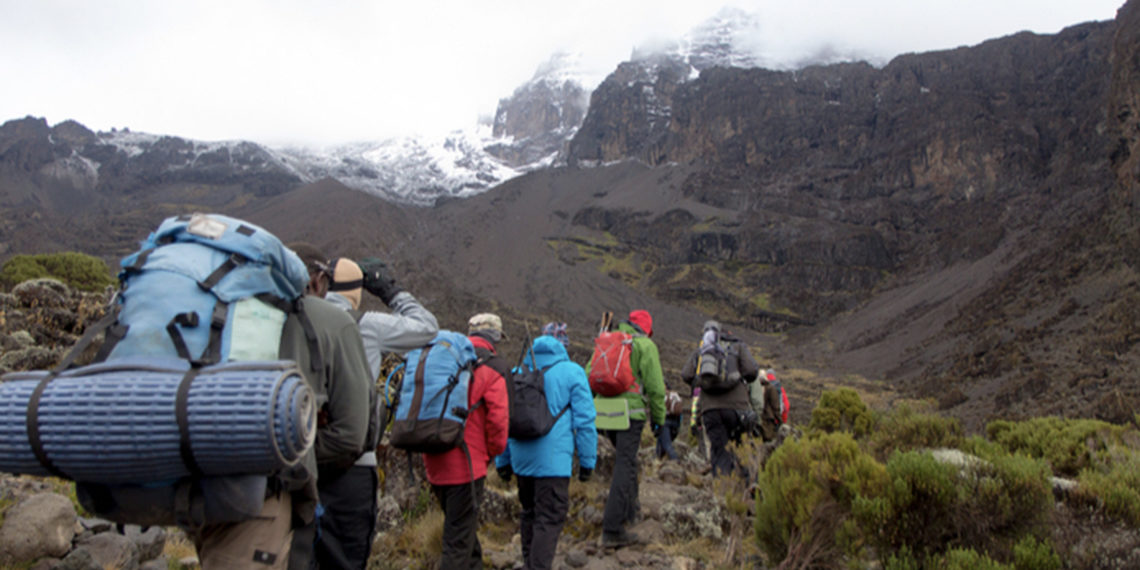Kilimanjaro sees about 50,000 climbers each year, not including the hundreds of thousands of guides and porters that support the exhibitions. Multiply the massive number of people who climb the mountain with the 5-10 days each trip takes, and you’re left with Kilimanjaro’s growing human waste problem.
While there are many camps along the five main routes that have several pit toilets, there is still a 4 – 6-hour hike between each camp. And if it’s not your lucky day, you may hold it in for hours thinking there’s a facility waiting for you at the next camp only to discover it’s been moved. On Kilimanjaro, when pit toilets are full, they’re covered, and the shelter will transfer to a new location.
Before you consider urinating or defecating in the wilderness, think about the environmental impact. Peeing anywhere near a water source can contaminate it, making the animals that call Kilimanjaro “home” sick.
The poop you leave behind on trails may remain there for years as Kilimanjaro has limited funding and workforce for mountain cleanup. Also, due to freezing temperatures in higher areas, don’t expect the fecal matter to break down; if anything, the cold climate will preserve it. And when the ice melts, the poop that may be years old will come to the surface and potentially slide down the mountain, polluting water sources and harming wildlife and nearby communities.
How Waste Bags Help Preserve Kilimanjaro’s Integrity
To address the human waste issue on Kili, the Tanzania National Parks (TANAPA) have enforced a policy that requires Kilimanjaro tour operators, their staff, and their clients to use waste bags in the absence of a pit toilet. Fail to comply, and the tour operator could lose their license. Waste Bags use specialized gelling technology to create unique waste alleviating solution.
Avoid being one of those people contributing to Kilimanjaro’s human waste problem and causing a tour operator loses their livelihood. Don’t defecate on the trails just because there isn’t a pit toilet nearby or the one you’ve traveled to is covered.
Waste bags are easy to use. RESTOP waste bags are odor-free, puncture-proof, and spill-proof. The RS1 is the solution for liquid waste, and it can absorb a full 20 oz of urine. The wide opening with semi-rigid rim allows for easy use by men and women.
The RS2 is for liquid and solid wastes. Both RS1 and RS2 contain a unique blend of polymers and enzymes that not only eliminate odor but breaks down and converts the wastes. For added hygiene, the RS2 comes with ample toilet paper and microbial wipes that you can throw right into the bag after use.
Both RESTOP waste bags are made with non-toxic materials that ensure they are landfill-safe and therefore, safe to throw away in any trash receptacle. When climbing Kilimanjaro, you would only need to carry your used waste bags until you reach the next camp where there are designated trash bins.



